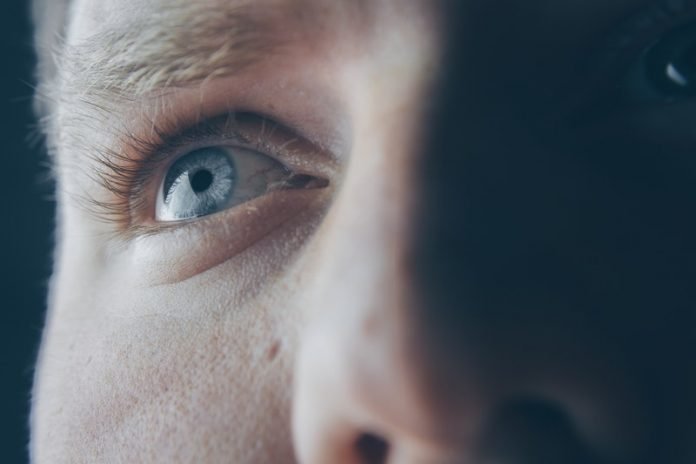
In a new study from the University of Pittsburgh, researchers used a form of gene therapy to restore partial vision in a blind person.
They genetically altered retinal ganglion cells to become light-sensitive in a man whose vision was destroyed by retinitis pigmentosa, a genetic disorder that breaks down cells that absorb and convert light into brain signals.
Using special goggles, the 58-year-old man went from total blindness to being able to detect a large notebook, a smaller staple box, glass tumblers and even the stripes of a street crosswalk.
The structure of the human retina is best described as inverted.
Light-detecting photoreceptors are at the far back of the retina, while ganglion cells at the front transmit visual information from photoreceptors to the brain via the optic nerve.
The field of optogenetics involves the genetic alteration of cells so they produce light-sensitive proteins called channelrhodopsins.
In this case, researchers used optogenetics to make the top layer of ganglion cells photo-sensitive, bypassing the non-functioning bottom layer of photoreceptors.
Researchers injected into the man’s eye a hollowed-out cold virus containing the genetic coding for a channelrhodopsin called ChrimsonR, which is capable of sensing amber light.
After giving his retinas five months to accept the genetic alteration, they fitted him with a set of special goggles that projects visual images onto the retina at amber light wavelengths.
The man had to practice with the goggles, but after seven months of training, he began spontaneously reporting signs of visual improvement.
Electroencephalogram (EEG) readings, which measure electrical activity in the brain, showed that the man’s brain was indeed responding to visual input from the eye.
Researchers cautioned that the man’s vision is not expected to recover enough to be able to read or recognize faces.
But the amount of vision the man has achieved would be incredibly important to the daily life of a blind person.
The team says more people have been injected with this gene therapy, but the COVID-19 pandemic hampered their ability to travel to medical centers where they could train with the special goggles.
The man hopes to receive more training and ultimately use his restored vision as much as possible throughout his daily life.
If you care about eye health, please read studies about 7 health tips to help prevent aging-related eye disease and findings of this eye health problem is dangerous for people with diabetes.
For more information about eye disease prevention and treatment, please see recent studies about people with migraine need to take care of their eyes and results showing that turmeric eye drops may help treat vision loss.
The study is published in Nature Medicine. One author of the study is Dr. Jose-Alain Sahel.
Copyright © 2021 Knowridge Science Report. All rights reserved.



